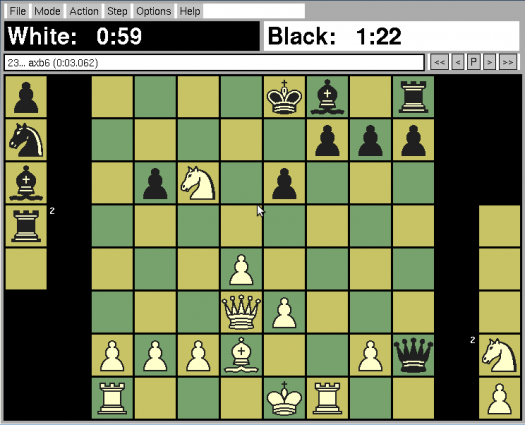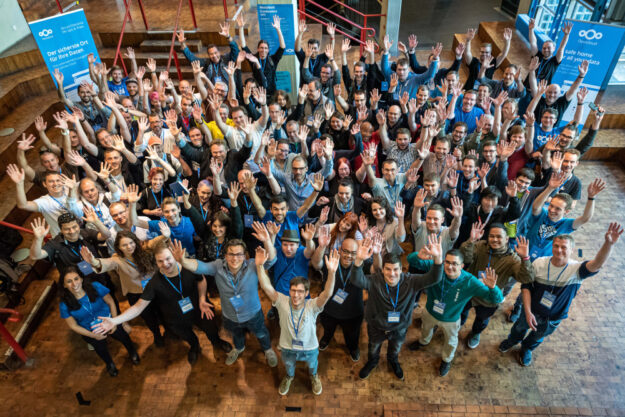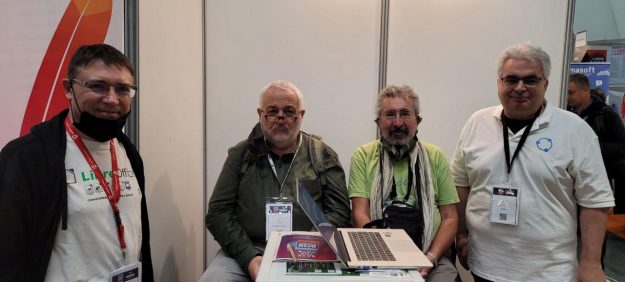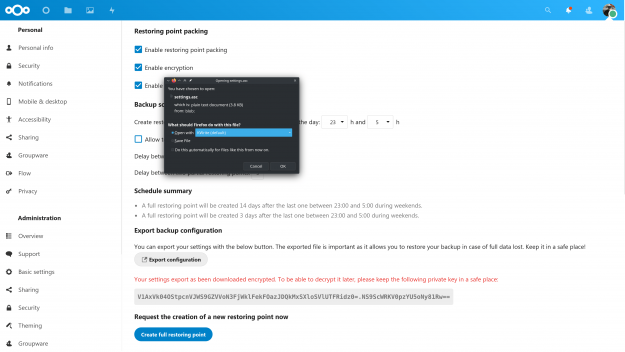The software industry plays a large role in Ukraine's economy, with many Ukrainian developers working remotely from Ukraine for software vendors located in the EU, UK, and US. Training manuals in the Ukrainian language will help veterans of Ukraine's military struggles against Russia take advantage of this opportunity.
Posts published in “Software”
Nextcloud announced on Wednesday that it now has a SharePoint replacement ready for production use, and that Deutsche Telekom has made Nextcloud Office available to the users of MagentaCLOUD.
When you're a big enterprise with a cloud native infrastructure running on thousands of servers and from numerous clouds, nipping a problem in the bud isn't good enough. Chaos Mesh can help you find an issue before it gets triggered and causes a costly outage.
The San Francisco-based startup that's caught the eyes of VCs, to the tune of $181.2 million invested in less than a year, is also licensing its platform under the fauxpen source Elastic License.
The "State of the Word" address from the WordPress CMS project will be both live and in person, as well as streamed for viewing from home.
The PHP Foundation is an effort by 10 key PHP vendors to assure adequate funding to keep the popular scripting language viable.
The EU and many of its member states are highly supportive of open source software. France takes that to new levels.
The enterprise focused FOSS cloud platform released a beta version of a backup app for Nextcloud that's designed specifically for home users.
Making the effort to learn to use the powerful style tools in LibreOffice Writer will save you time in the long run, while freeing you up to concentrate on your writing.
Want to use your skills to aid in the development and maintenance of GNU projects? Here are four more projects that could use your help.

Carter’s Corner
This article is a continuation of my last article on GNU projects that are in current need of maintainers. When I first read about the projects GNU needed help with, I was drawn to Gnubik from my own personal love of Rubik’s Cube puzzles. I ended up liking the program and wanted to help so I reached out to the maintainer, who replied back asking about my background and letting me know where help was needed at if I was still interested. Since then, I’ve slowly been helping out where I could and enjoying learning more about the code behind the program. I’m hoping that by writing about these projects, someone will have the time and skill set to help out that wasn’t aware of these projects. I also hope that even if people can’t help out they will download the software, try them out and maybe end up like me.
In addition to hosting a Raspberry Pi meetup in Washington D.C., Isaac Carter is a co-host on mintCast. He’s also a software engineer who enjoys working with Java, JavaScript, and GNU/Linux. When he’s not coding, you can find him reading on any number of subjects or on the golf course.









